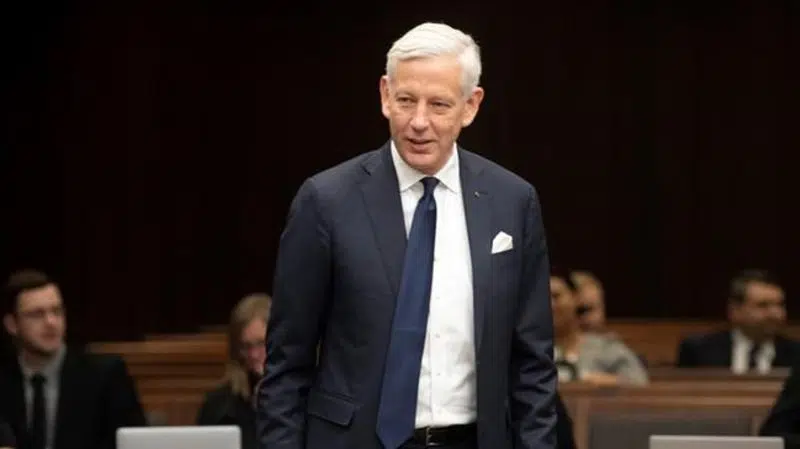
‘The chill is real,’ Canada’s ambassador to China says of fraught relationship
OTTAWA — Canada’s ambassador to China says there is a chill in relations between the two countries since the People’s Republic imprisoned two Canadians, but his top priority is winning their release and resetting the relationship.
Dominic Barton is offering that assessment in testimony this evening before the special House of Commons committee studying the fraught relationship between the two countries, which was already tense when he was named to the post last fall.
Barton says in prepared remarks that his top priority is winning the release of Michael Kovrig and Michael Spavor, who were detained by China in December 2018 in what is widely seen as retaliation for Canada’s arrest of Chinese high-tech executive Meng Wanzhou.
The RCMP arrested Meng in Vancouver on an American extradition request, and nine days later Kovrig and Spavor were detained and accused of violating China’s national security.

